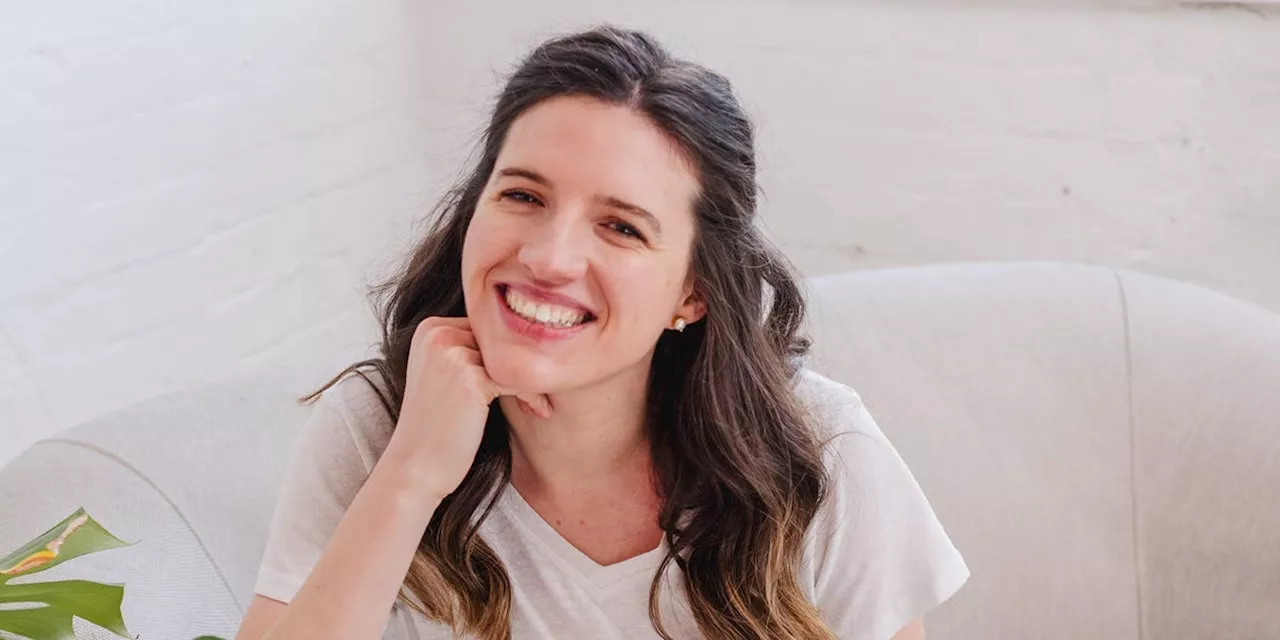Rachel Evans, a chartered psychologist, shares her personal journey of developing an eating disorder fueled by misleading nutrition information on social media. She details her struggles with restrictive eating, the influence of the 'clean eating' trend, and the steps she took to recover through therapy and becoming a specialist in eating disorder recovery.
This as-told-to essay is based on a conversation with Rachel Evans, 34, a chartered psychologist who lives in the UK. The following has been edited for length and clarity. There's often no single reason why a person develops an eating disorder, but viewing misleading nutrition information on social media contributed to mine.
Through my recovery and training to become an eating disorder recovery psychologist, I learned ways to navigate the treacherous online health space and free myself from restrictive eating. Growing up in the 90s, I read about celebrity diets and workouts in magazines and thought I should copy what they were doing. It got worse when social media became a part of my life. In 2012, when I was studying psychology at university, Instagram was becoming popular, and the 'clean eating' trend was everywhere. Some clean-eating influencers would promote certain types of food as 'good' and 'bad,' and make extreme claims like saying you should eat foods in a certain order. Some of the messages had a kernel of truth to them, and the more I started to believe those, the more I started to believe the farfetched ones, too. The more I became obsessed with being healthy, the less critical I got. I started to develop some health problems. My digestion was messed up, my hair was falling out, and I stopped having periods. A number of other factors also contributed to my developing an eating disorder. By 2013, I was finishing my master's in health psychology, and I didn't know what I was going to do next. I based a lot of my self-worth on how well I did in my studies, and I was about to lose that stream of validation, so eating perfectly became a hobby I could get really good at. In 2014, I was living abroad in Singapore and working as a research assistant. At the time, I was maintaining a restrictive diet I had found on YouTube. My preoccupation with food was interfering with my life. I went into therapy, which helped a bit as I managed to introduce more foods into my diet. The 'clean eating' trend was going strong at the time, and I started posting photos of what I ate on Instagram and created a blog. I amassed thousands of readers, had partnerships with popular brands, and I promoted protein powders and nut butters. At the time, I thought I had recovered because I was better than I was at my worst, but looking back, I had once again set myself strict rules to follow. Behind the scenes, I was struggling with cycles of binge eating and purging. In 2017, with the help of a coach, I decided that I wanted to become an eating disorder recovery psychologist. That was ultimately helpful to my recovery. Once I decided I wanted to help other people, I knew I had to help myself first. I already had a strong foundation in this area, as I have a Ph.D. in the psychology of eating, habits, self-control, and behavior change from the University of Sheffield, UK. On top of that, I studied to become a master practitioner in eating disorders at the National Centre for Eating Disorders in 2018. As I learned how to treat people with eating disorders, my relationship with food slowly got more flexible. I deleted the blog in 2020 because it no longer aligned with my views. Now, I post educational content on my Instagram with a more nuanced perspective. When I was recovering, I spent less time on Instagram and unfollowed accounts that promoted the lifestyle I was trying to move away from. Food no longer takes up much of my headspace. I try to cook from scratch when I can and eat enough fruits and vegetables every day, but I don't stress if it doesn't happen. When I speak to my clients about navigating nutrition and diet content online, I tell them just because someone online presents something as a fact, that doesn't mean it's true, or true for you. They don't know you and your body better than you. I remind my clients to take 'what I eat in a day' videos with skepticism and that even if they eat and exercise like someone else, they still might not look like them because their genetics are different. I also tell my clients to try to scroll less 'mindlessly' and make sure they're thinking critically about what they see online
Eating Disorders Social Media Nutrition Clean Eating Recovery Therapy Psychology
United States Latest News, United States Headlines
Similar News:You can also read news stories similar to this one that we have collected from other news sources.
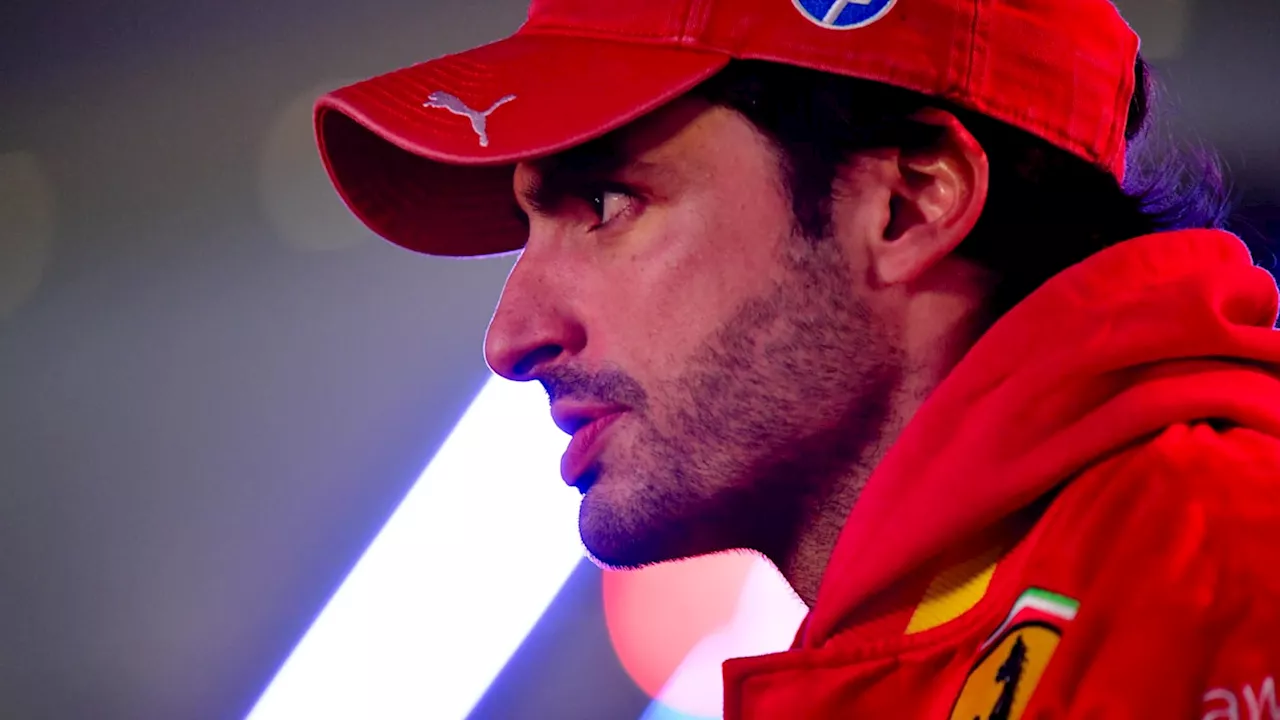 Sainz Calls for Responsible Media Reporting Amidst Social Media ToxicityCarlos Sainz, the Spanish Formula 1 driver, criticizes the negative impact of social media and urges traditional media outlets to adopt more responsible reporting practices. He highlights the importance of educating fans and mitigating misunderstandings that arise from biased viewpoints, particularly in light of recent incidents and online debates.
Sainz Calls for Responsible Media Reporting Amidst Social Media ToxicityCarlos Sainz, the Spanish Formula 1 driver, criticizes the negative impact of social media and urges traditional media outlets to adopt more responsible reporting practices. He highlights the importance of educating fans and mitigating misunderstandings that arise from biased viewpoints, particularly in light of recent incidents and online debates.
Read more »
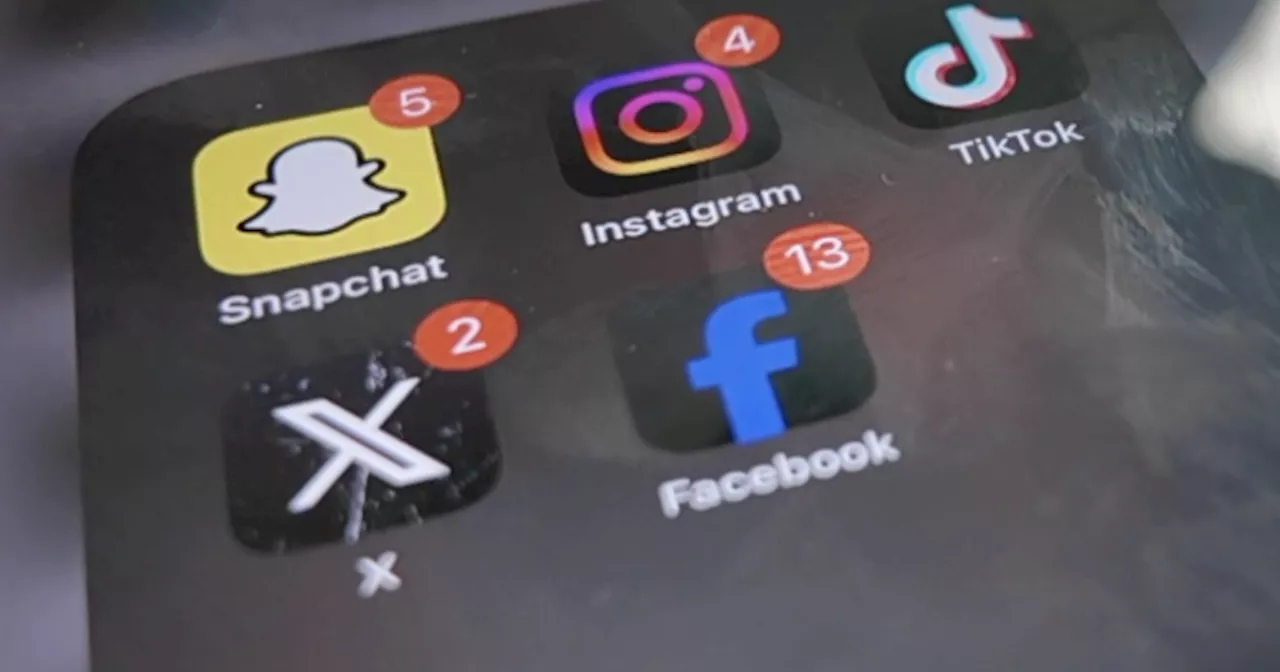 Indiana Senate Bill Could Set Age Limits on Social Media UseA bill in the Indiana State Senate, Senate Bill 11, proposes age restrictions on social media access for minors under 16. The bill requires verifiable parental consent for children to use social media platforms. Senator Mike Bohacek, author of the bill, believes social media contributes to mental health issues among youth. While parents can choose to grant access to their older children, Professor Johan Bollen of Indiana University emphasizes the need to limit social media usage for all ages due to its pervasive influence on society.
Indiana Senate Bill Could Set Age Limits on Social Media UseA bill in the Indiana State Senate, Senate Bill 11, proposes age restrictions on social media access for minors under 16. The bill requires verifiable parental consent for children to use social media platforms. Senator Mike Bohacek, author of the bill, believes social media contributes to mental health issues among youth. While parents can choose to grant access to their older children, Professor Johan Bollen of Indiana University emphasizes the need to limit social media usage for all ages due to its pervasive influence on society.
Read more »
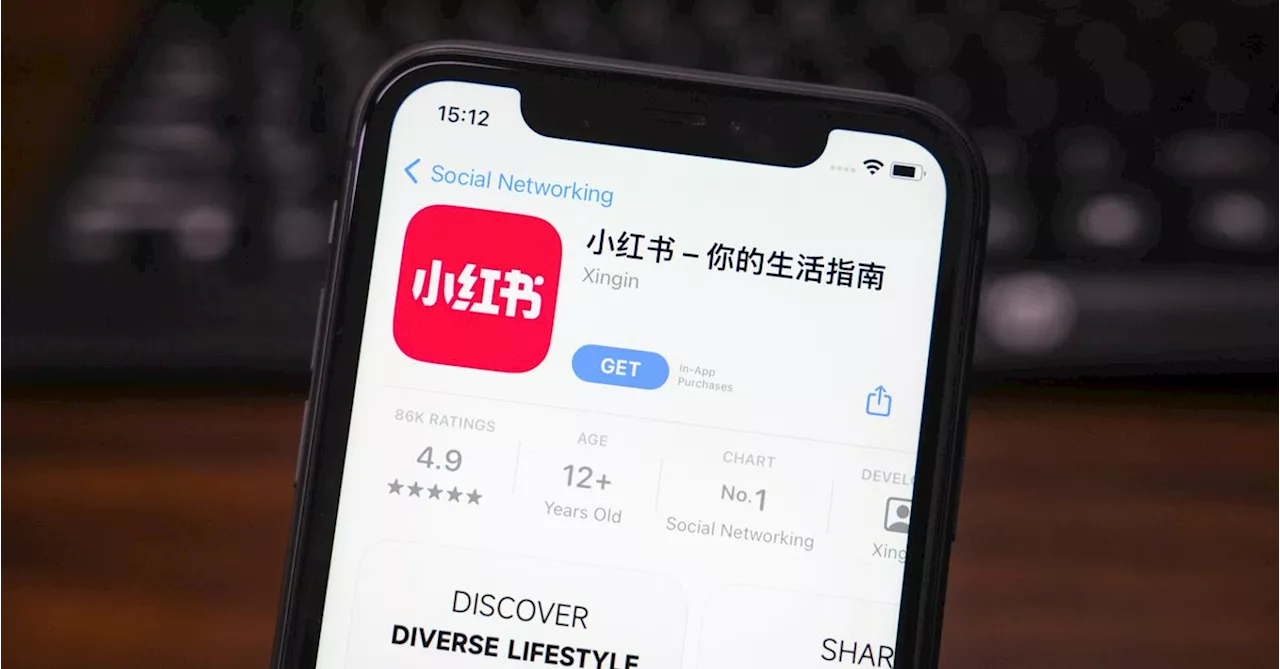 Chinese social media app RedNote tops App Store chart ahead of TikTok banRedNote, a Chinese social media app also known as Xiaohongshu, has topped the Apple App Store as users prepare for a potential TikTok ban.
Chinese social media app RedNote tops App Store chart ahead of TikTok banRedNote, a Chinese social media app also known as Xiaohongshu, has topped the Apple App Store as users prepare for a potential TikTok ban.
Read more »
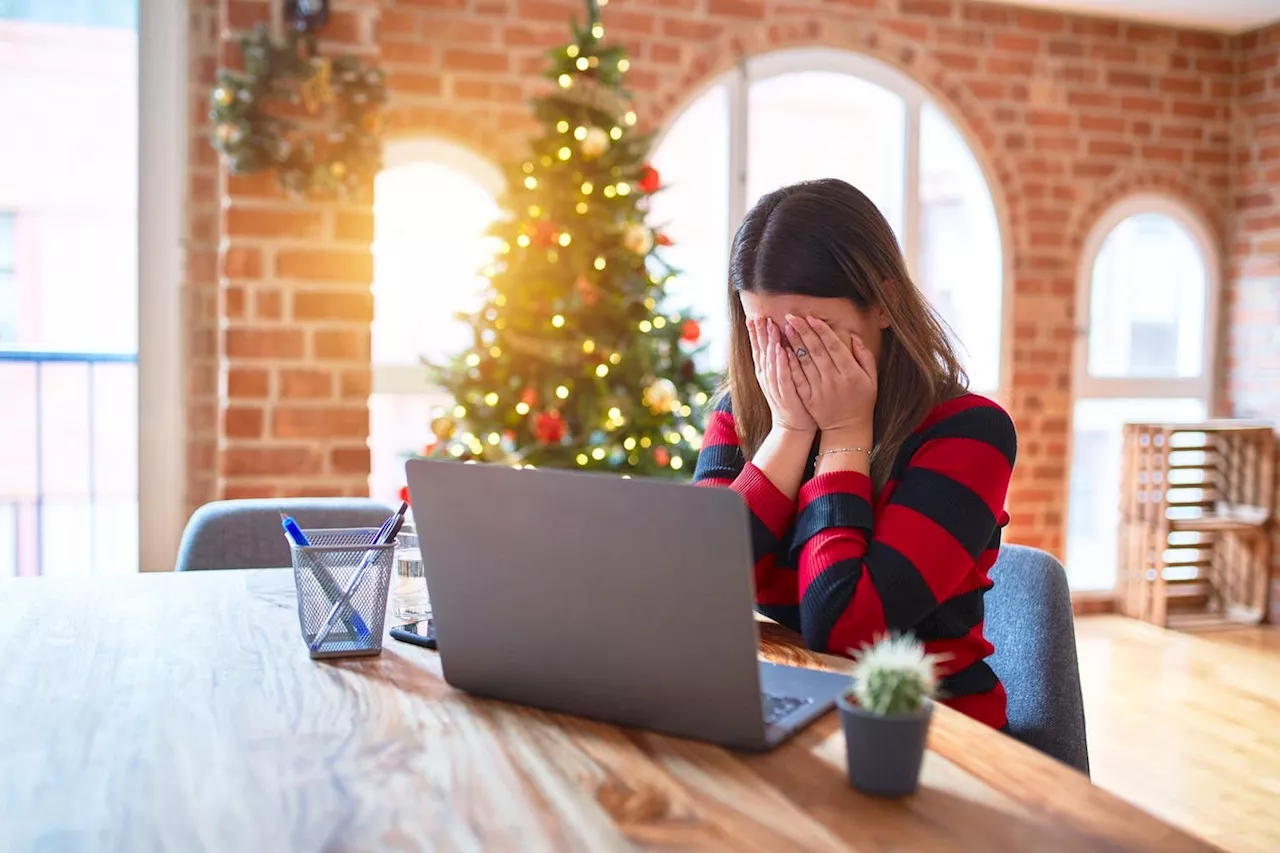 Social Media: A Holiday Stress Booster or Connection Lifeline?The holidays are often a time of stress, but social media can add another layer of pressure. While social media can be a way to connect with loved ones, experts warn that it can also lead to social comparison and feelings of loneliness. The article explores the potential downsides of social media during the holidays and offers tips for managing its impact on mental well-being.
Social Media: A Holiday Stress Booster or Connection Lifeline?The holidays are often a time of stress, but social media can add another layer of pressure. While social media can be a way to connect with loved ones, experts warn that it can also lead to social comparison and feelings of loneliness. The article explores the potential downsides of social media during the holidays and offers tips for managing its impact on mental well-being.
Read more »
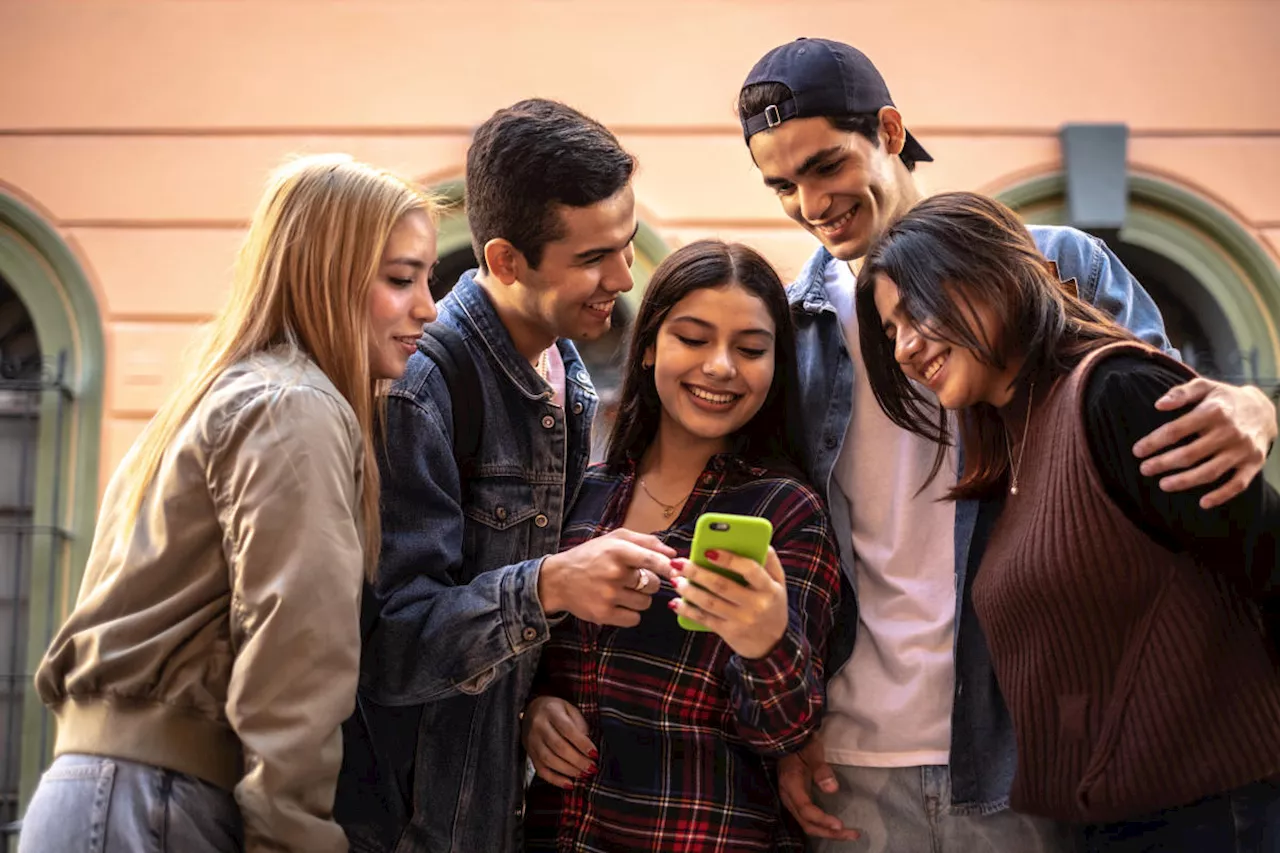 UK internet watchdog gives social media companies three months to improve safety or face huge finesSarah Fielding MS, is an acclaimed journalist focusing on mental health, social issues, and tech. At Engadget, she reports on tech news, whether it be a Twitter bot exposing gender pay gaps or a beloved classic game's revival.
UK internet watchdog gives social media companies three months to improve safety or face huge finesSarah Fielding MS, is an acclaimed journalist focusing on mental health, social issues, and tech. At Engadget, she reports on tech news, whether it be a Twitter bot exposing gender pay gaps or a beloved classic game's revival.
Read more »
 Latinos who consume news in Spanish on social media more susceptible to election liesA lead UC San Diego researcher says the disinformation may shed light on why more Latino voters supported President-elect Donald Trump.
Latinos who consume news in Spanish on social media more susceptible to election liesA lead UC San Diego researcher says the disinformation may shed light on why more Latino voters supported President-elect Donald Trump.
Read more »
